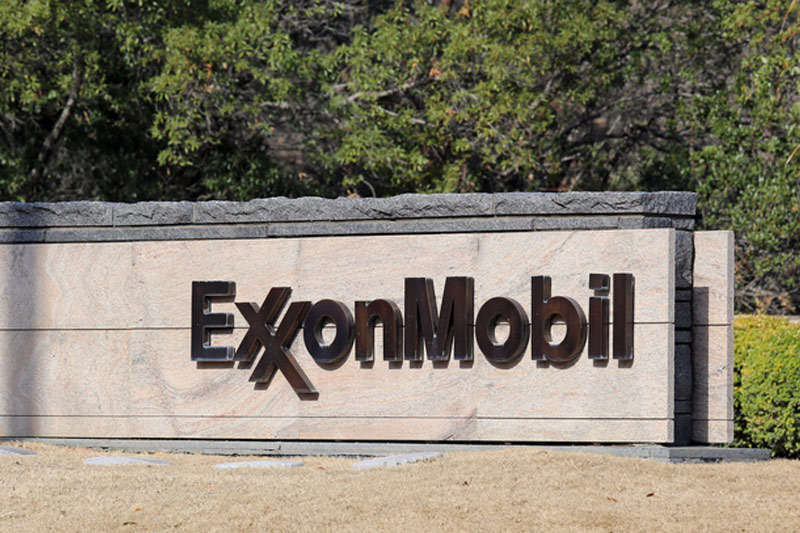* Papua New Guinea's PM wins vote, but strikes remain
* Unclear if new protests, chaos could result from victory
* Crisis shows waning Australian influence in region (writes through)
By Matt Siegel
SYDNEY, July 22 (Reuters) - Papua New Guinea Prime Minister Peter O'Neill survived a no-confidence vote on Friday, EMTV reported, an outcome unlikely to end upheaval in a country developing lucrative projects with energy majors ExxonMobil Corp XOM.N and French giant Total SA TOTF.PA .
The Supreme Court last week ordered parliament to reconvene, for the first time since June protests between students and police boiled over into violent clashes, for the express purpose of allowing the opposition to lodge a no-confidence motion against O'Neill. Opposition Leader Sam Basil moved the motion at the opening of the session on Friday, detailing numerous accusations of corruption against O'Neill since he took office in 2010.
"To make the wrong decision here would be a mistake," Basil told parliament. "Today it is up to us on the floor to make a change."
But Basil only secured 21 of the 56 lawmakers needed to oust O'Neill, leaving unclear how long a strike by aviation, maritime and public transport workers that has effectively cut off the rugged, mountainous nation, would continue.
Australia's Oil Search Ltd on Thursday cleared the way for ExxonMobil to take over InterOil Corp IOC.N for $2.2 billion, giving the U.S. giant access to a rich new gas field to expand its exports from Papua New Guinea. move could lead ExxonMobil and Total to tie together their competing gas interests in the South Pacific nation, cooperating to reduce costs as they battle cheap oil and liquefied natural gas (LNG) prices.
However despite the growing resource wealth, corruption and violence are endemic in the island nation of seven million people, raising concern about its long-term stability and the ability to deliver a higher quality of life to its citizens.
Martyn Namorong, head of the PNG Resource Governance Coalition, urged protesters to respect the decision in order to avoid a further descent into chaos and violence.
"I'm a little bit deflated personally, but I respect the decision of parliament," he told Reuters.
"Papua New Guineans have suffered a lot more than the politicians, and we should not create more suffering for ourselves."
Student protest leader Noel Anjo urged Australia, which has said little about the crisis, to speak out.
"They should come out and say something, because this country, the leadership, is not right," he said. "Under O'Neill the leadership has gone from bad to worse."
Namorong argued that Australia's traditional role as the indispensable nation in the Asia-Pacific region was eroding.
"I think the Australian influence in PNG has declined and that is reflected in how indifferent Australia is to what happens in Papua New Guinea," he said.
